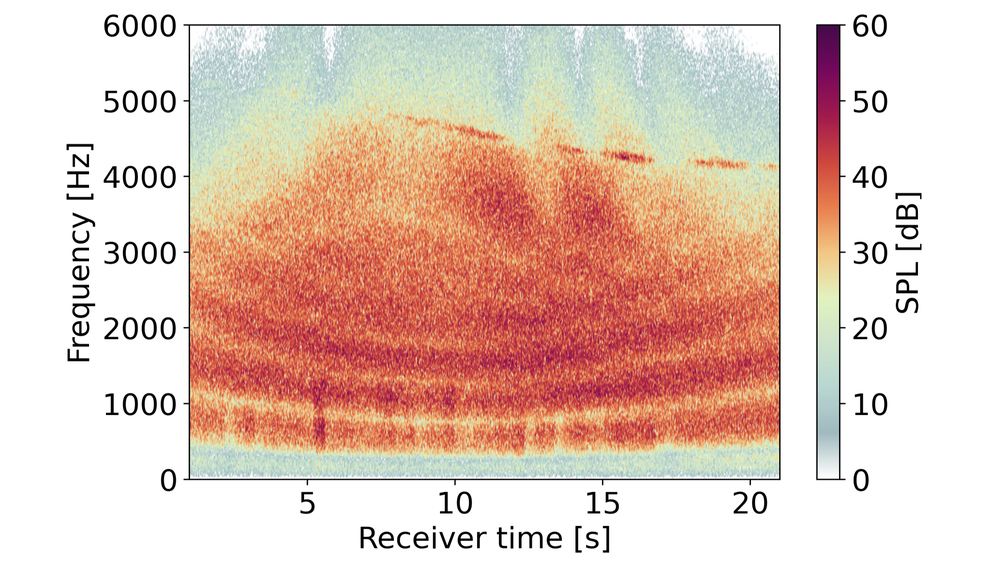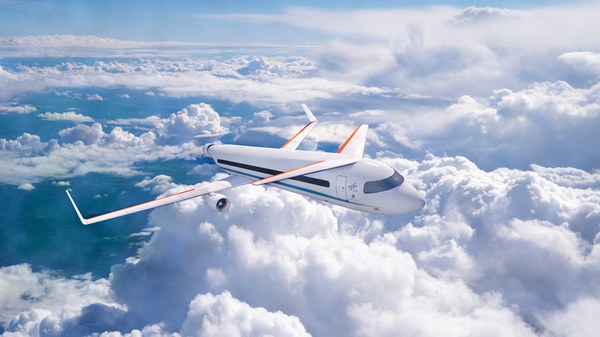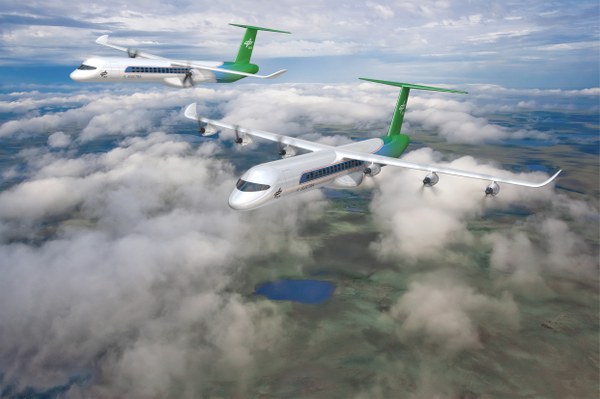In order to reduce noise emissions while aviation is continuously growing, innovative technologies and alternative propulsion systems need to be investigated. This is important, as the noise impact of electric propulsion systems will be crucial for both acoustic certification and public acceptance.
The project VIRLWINT addresses this problem by developing new methods that specifically enable low-noise design, auralization and psychoacoustic evaluation of distributed propulsion systems
Noise emissions are obtained from individual measurements in a wind tunnel and in fan as well as powertrain test facilities. The noise emission data is then digitally combined to different distributed propulsion systems. The objective is to investigate how psychoacoustic effects, which can be particularly noticeable with a large number of distributed propulsors, change the perceived noise impact of the propulsion system.
In particular, propulsion systems that differ from conventional concepts, such as spanwise installed propulsors or wingtip propellers, are being investigated. The chosen approach includes the development of an app with which the public can be actively involved in the acoustic design process at an early stage.
Running Time
01/2023 - 12/2026
Funding
DLR project
Keywords
Distributed propulsion, urban air mobility, psychoacoustics, auralisation








